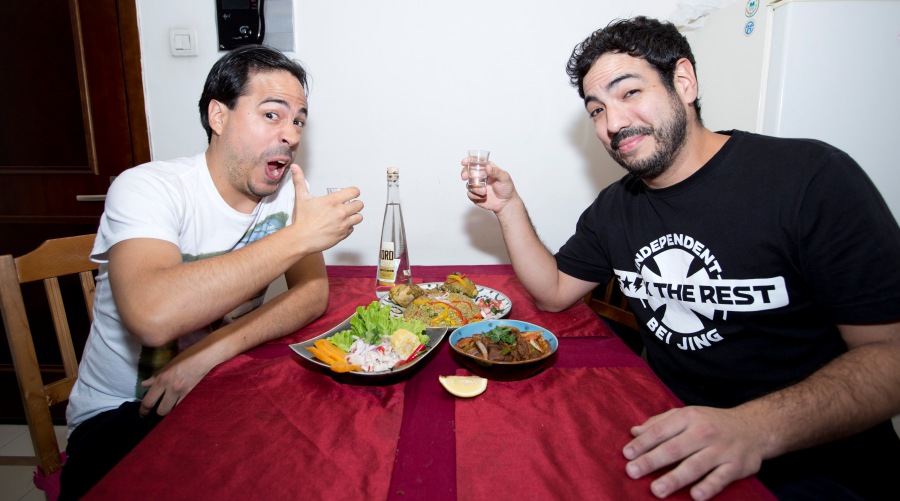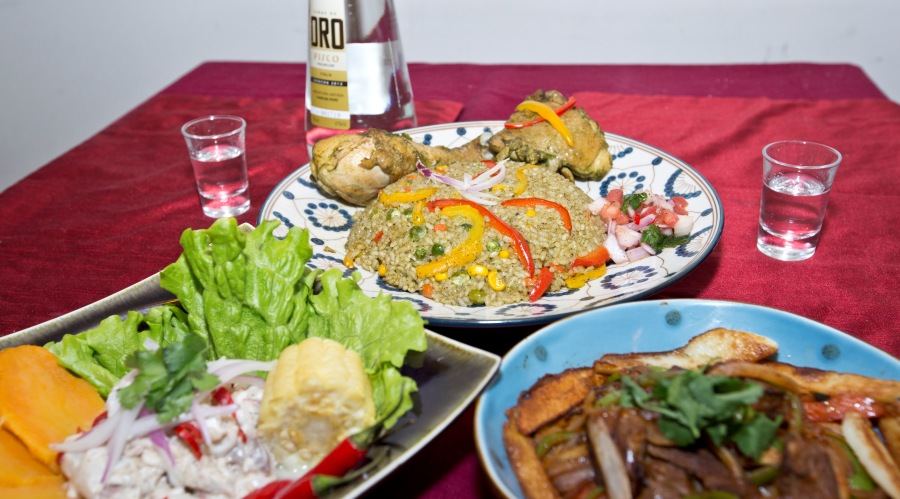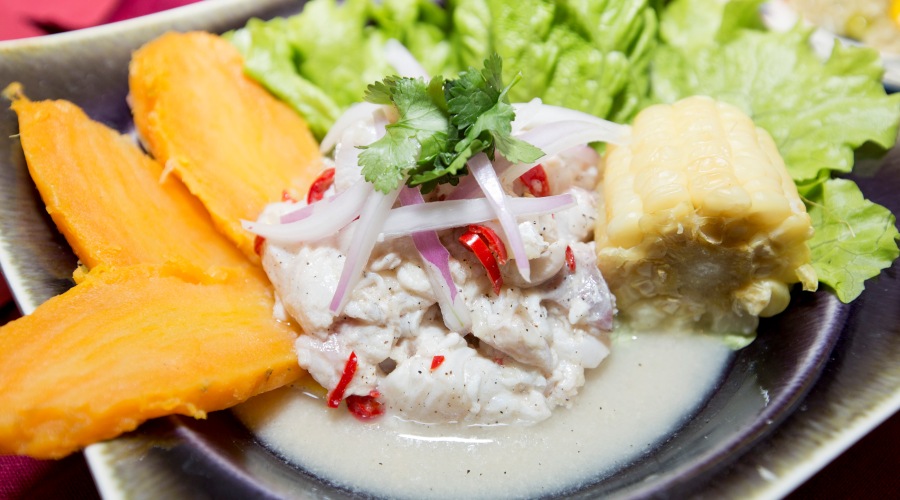Hankering for Home: From Peruvian to Singaporean, Beijing Expats Struggle to Find Familiar Fare (Part III)
Part three (see: part one, part two) in Hankering for Home, a series from our contributor Kyle Mullin that explores how expats cope with the culinary challenges facing them so far away from home. In this third installment Kyle spoke to Peruvian brothers David and Gonzalo Eguiluz.
While Beijing may have a plethora of foreign products today – especially compared to the limited choices of a few short years ago – many expats still struggle to find their homeland’s most basic ingredients. This is certainly the case for David and Gonzalo Eguiluz, two Peruvian brothers who live in Liudaokou.
“Back home, we have so many kinds of chili, delicious green and yellow varieties. Here I can only find red,” says David with a laugh, adding that lack of options isn’t so much an annoyance as a chance to improvise. When readying ceviche, one of his county’s signature cold dishes, David never gripes about the lack of chili varieties in Beijing, opting instead for the hottest red peppers he can find.
While his Peruvian ingredient choices may be somewhat limited, David says his restaurant options are practically nonexistent. He concedes that Beijing boasts a few South American eateries, but none that specialize in his homeland’s flag dishes. This leaves him and his brother to cook at home, and experiment with what ingredients they can find.
Aside from the ceviche, the Eguiluz brothers also make lomo saltado and arroz con pollo. Gonzalo says the lomo saltado is much easier to prepare in China, because it has a surprising Far East connection. “Peru was one of the first South American countries that Chinese people came to. Both our cultures have a long history, and there are quite a few people of Asian descent in Peru.” He says this transcontinental connection birthed lomo saltado, which is essentially a stir-fry that Chinese immigrants made while settling into their new Peruvian home. The dish is now a staple menu item at many Peruvian restaurants, and David says he sees many Chinese beef dishes in Beijing that remind him of lomo saltado. When he prepares it, David always uses onions, tomato and coriander, and explains that he saves the dish for very special occasions: “I love to make lomo saltado on date nights, because it’s so dashing – you have the fire, and the ingredients flying up as you’re stir frying it. Trust me, it’s very impressive.”
The arroz con pollo is less dazzling and more intriguing for many who sample David’s cooking. The simple rice and chicken dish features coriander, once again, but this time in such generous portions that it coats the other ingredients in a bright emerald hue. “My girlfriend calls it ‘zombie rice,’ because it’s so green,” David says.
The Eguiluz brothers also like to impress guests with Pisco, a flavorful Peruvian spirit used in shooters and cocktails (and which can be found at a growing number of Beijing supermarkets). More often than not, the brothers find themselves mixing the spirit with leftover lemony ceviche sauce for a shooter called “tiger milk,” because drinking it from those smaller glasses can be similar to baijiu binges. David always finds himself savoring the flavor of such moments, adding: “Every culture thinks its food and drink are so special. But there are always overlaps.” From shooting Pisco and baijiu to eating lomo saltado and other stir fries, the Eguiluz brothers have discovered many ways to find a taste of home with their Chinese friends in Beijing.
Photos: Uni










